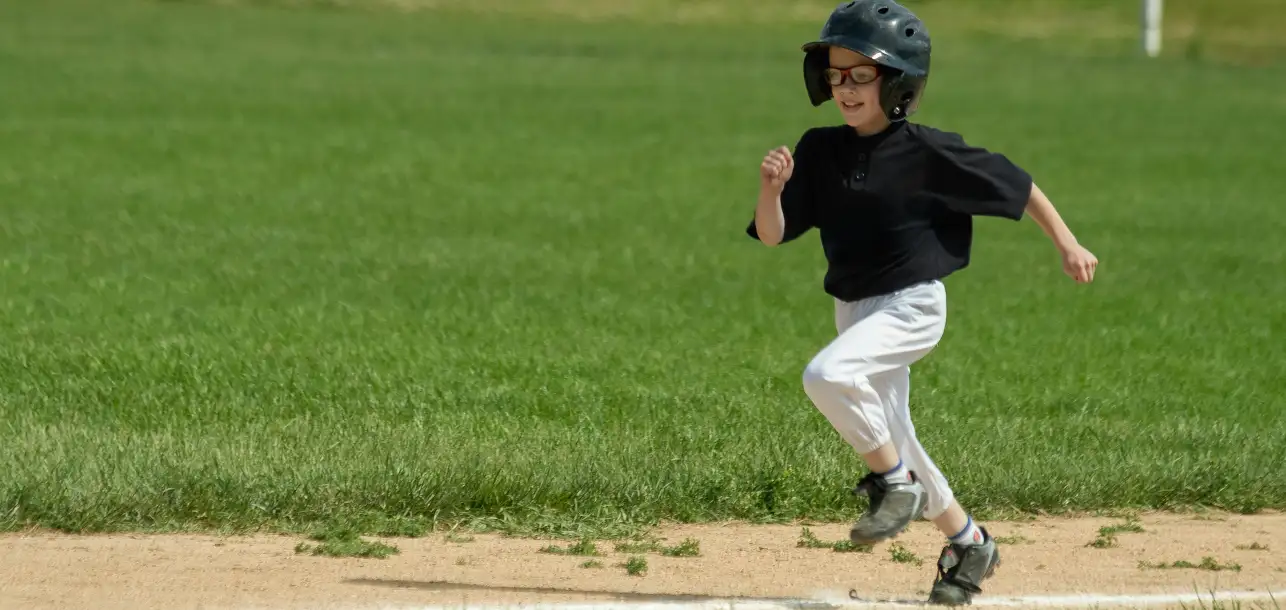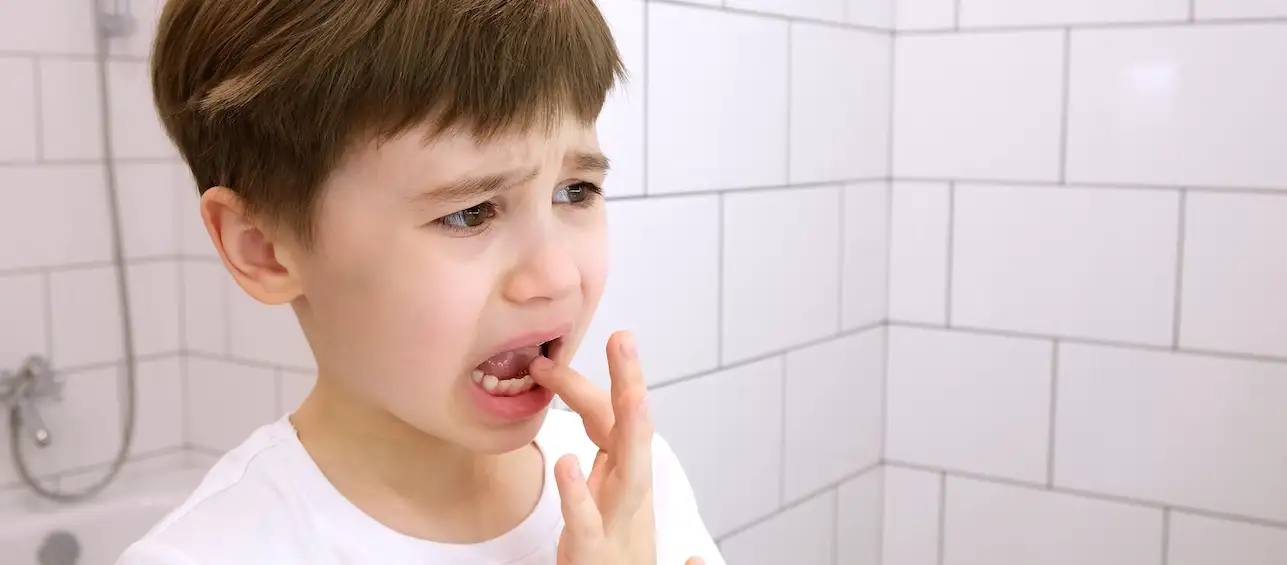As sports become more competitive and physical, parents often ask me if their kids should wear mouthguards. The short answer is, it depends on the sport – but when in doubt, wear it!
The cost of losing a tooth can be detrimental to a child, especially when social peers can be unforgiving of anything ‘not normal.’ Not to mention the expense of replacing a tooth could take a significant financial toll on families.
BENEFITS OF MOUTHGUARDS
Mouthguards protect the teeth and gums, reducing the likelihood of dental and facial injuries. In addition, they may also serve to protect from serious after-effects from concussions, as well as reduce clenching of the teeth and provide stabilization for the head and neck muscles. There is also research to suggest that a properly-fitted mouthguard can enhance athletic performance, including speed, strength and balance.
While some sports require mouthguards, like football and boxing, others strongly recommend it for sports like basketball and lacrosse. If your kids play a ball or contact sport where trauma could occur to the face, I think all athletes should wear them. For instance, if your kids play goalie in soccer, wear a mouthguard – chances are, they could get a ball or foot to the face when protecting the goal.
TYPES OF MOUTHGUARDS
There are several types of mouthguards available, listed in order of effectiveness:
-
Custom-made mouthguards
These are typically made by dentists, and provide close fit, absorption, and redistribution of stress from impact. These are the most effective at providing protection to the gums and teeth, and can range in cost based on the dental practice and insurance coverage.
-
Boil and bite mouthguards
These can be bought in drug stores and just like it sounds, can be somewhat shaped to the mouth by boiling them in hot water. They offer some protection, but are not as effective as custom-made mouthguards.
-
Stock mouthguards
These can be bought online or in sporting goods stores and are even less effective than boil and bite mouthguards. This is because they do not adapt to a child’s mouth, but rather, come in predetermined sizes. However, wearing these is better than wearing nothing at all.
HOW TO CHOOSE A MOUTHGUARD
If you choose to purchase a mouthguard that is not custom made, here are some things you should look for:
- A snug fit on teeth
- Coverage of the gums
- Extension to the back teeth
- Ability to easily speak and breathe
- A strap that affixes to a helmet can help keep track of them – but not a requirement!






